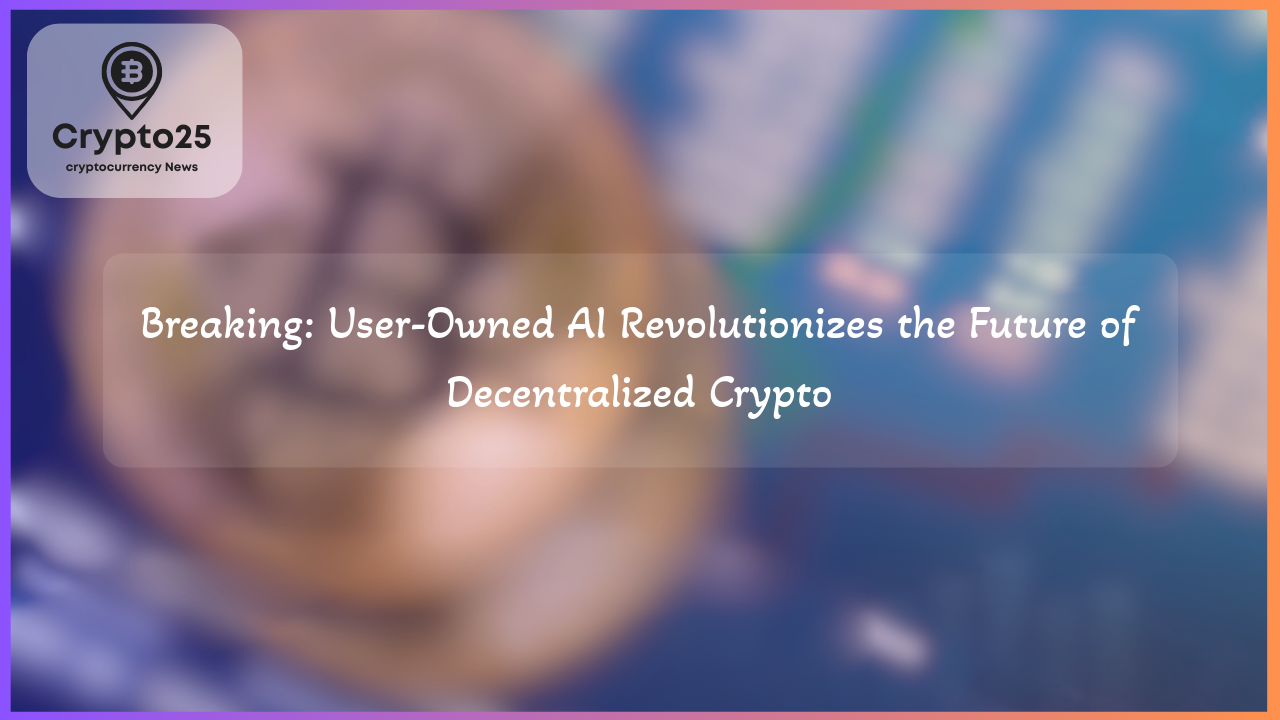
Artificial intelligence (AI) is increasingly shaping our personal and professional lives, from running businesses to managing household tasks. Yet, today’s AI landscape operates on a rental economy model, where users are granted temporary access to tools they don’t truly control. The implications of this extend far beyond convenience, making AI ownership a critical concern for privacy, security, and autonomy in both Web2 and Web3 environments.
The Rental Economy Dominating Today’s AI Market
The current AI ecosystem heavily relies on a rental economy. Services are offered via subscriptions, pay-per-use APIs, or locked into centralized platforms. While users may feel empowered by access to these tools, the underlying reality is different. Providers maintain full control over the models, functionalities, and even the data these systems utilize. Your interactions rely entirely on the infrastructure and policies of corporations, which can change at a moment’s notice.
Consider AI-powered tools in a business setting. These tools might process sensitive company data or automate critical operations. Despite this reliance, the AI is often hosted on external servers, powered by models trained on proprietary algorithms, and controlled by distant gatekeepers. In situations like these, users sacrifice control over their workflows and even their data in exchange for convenience. This lack of ownership is not just a theoretical flaw; it poses genuine risks when providers prioritize profits over user needs, as evidenced by the ad-driven nature of Google Search.
Privacy is also an ever-growing concern in this centralized structure. In several instances, such as the temporary ChatGPT ban in Italy due to data protection violations, users lost access overnight. Those depending on AI for essential tasks were left scrambling. Renting AI also means relinquishing control over how your sensitive data is logged, processed, or monetized—exposing it to vulnerabilities inherent to centralized infrastructures. This highlights the need for a transition to a user-first AI model based on autonomy and transparency.
Why AI Ownership Is the Future of Digital Intelligence
True control over artificial intelligence begins with ownership. Ownership ensures that users dictate an AI agent’s logic, decision-making processes, and its use of data. Imagine an AI agent capable of autonomously managing your personal finances, tracking expenses, or even making critical financial decisions. When such operations depend on third-party control, user privacy and autonomy are inevitably compromised.
Ownership introduces a transformative shift, converting AI from a rented service into a customized, adaptive asset. This concept aligns particularly well with Web3 frameworks and emerging financial mechanisms like decentralized finance (DeFi). AI agents built on decentralized, open-source technologies provide users with a level of accountability and transparency that centralized solutions cannot. For instance, they allow users to fully customize their agent’s functionalities, swap out AI models if needed, and operate without data leaking into centralized servers.
With tools like Pearl, created by Olas, the idea of AI ownership is becoming a reality. Pearl acts as a desktop app where users can deploy autonomous AI agents seamlessly. These agents, equipped with independent wallets and powered by open-source AI models, perform tasks and manage assets entirely on the user’s behalf. Unlike traditional models, which require constant interaction and oversight, agents in Pearl operate autonomously within defined parameters while giving you full control. As AI capabilities extend to tasks like DeFi portfolio management, content generation, or personalized research, Pearl offers a glimpse into a future where individuals control their tools entirely.
| Feature | Significance |
|---|---|
| Decentralized Models | Offer transparency and peer-reviewed reliability |
| Full Ownership | Eliminates reliance on centralized platforms |
| Customizable Agents | Allow for user-specific AI functionalities |
| Data Privacy | Prevents unauthorized logging and monetization |
By leveraging user-owned AI solutions, individuals gain intrinsic control over their data, decisions, and digital tools, reducing the risks associated with monopolistic gatekeepers, such as unexpected service changes or data exploitation.
Empowering Users Through Decentralized AI Ownership
Decentralizing AI ownership provides both practical and philosophical benefits. In practical terms, owning your agent drastically reduces dependency on centralized platforms prone to outages, unilateral policy changes, or privacy violations. It also encourages innovation by allowing users to adapt their AI systems to their unique requirements without relying on external developers or policymakers.
On a broader level, decentralized AI ownership ensures that the power of digital intelligence remains in the hands of individuals rather than a select few companies or governments. This can prevent the centralization of influence, similar to concerns surrounding big tech monopolies, and promote a collaborative, open internet driven by user agency. It’s an evolution that supports not just freedom but security, as open-source models allow for rigorous auditing compared to closed black-box systems.
The convergence of AI and blockchain technology in Pearl illustrates how AI ownership redefines what it means to leverage intelligent tools. For crypto enthusiasts familiar with the decentralized ethos of “not your keys, not your crypto,” the idea of owning your AI is a natural fit. By controlling both the data and decision-making logic, users can mix and match functionalities, scale their operations, and optimize workflows without external interference. Beyond crypto and DeFi, the broader adoption of user-owned AI could revolutionize industries like home automation, content generation, and enterprise management.
The evolution of AI isn’t simply about making tools smarter—it’s about empowering users to take ownership of their digital ecosystems. Open, user-first AI systems eliminate the vulnerabilities of trust-based AI rental models, letting intelligence truly complement human agency. As this movement gains traction, it’s clear that user-owned AI is no longer optional in protecting autonomy and maintaining the decentralized principles of the web.
Moving forward, the technology landscape must answer a fundamental question: Do you want your AI to be an independent ally, or a rented assistant dictated by corporate profit motives? The answer will shape not only our tools but the future of digital independence itself.
